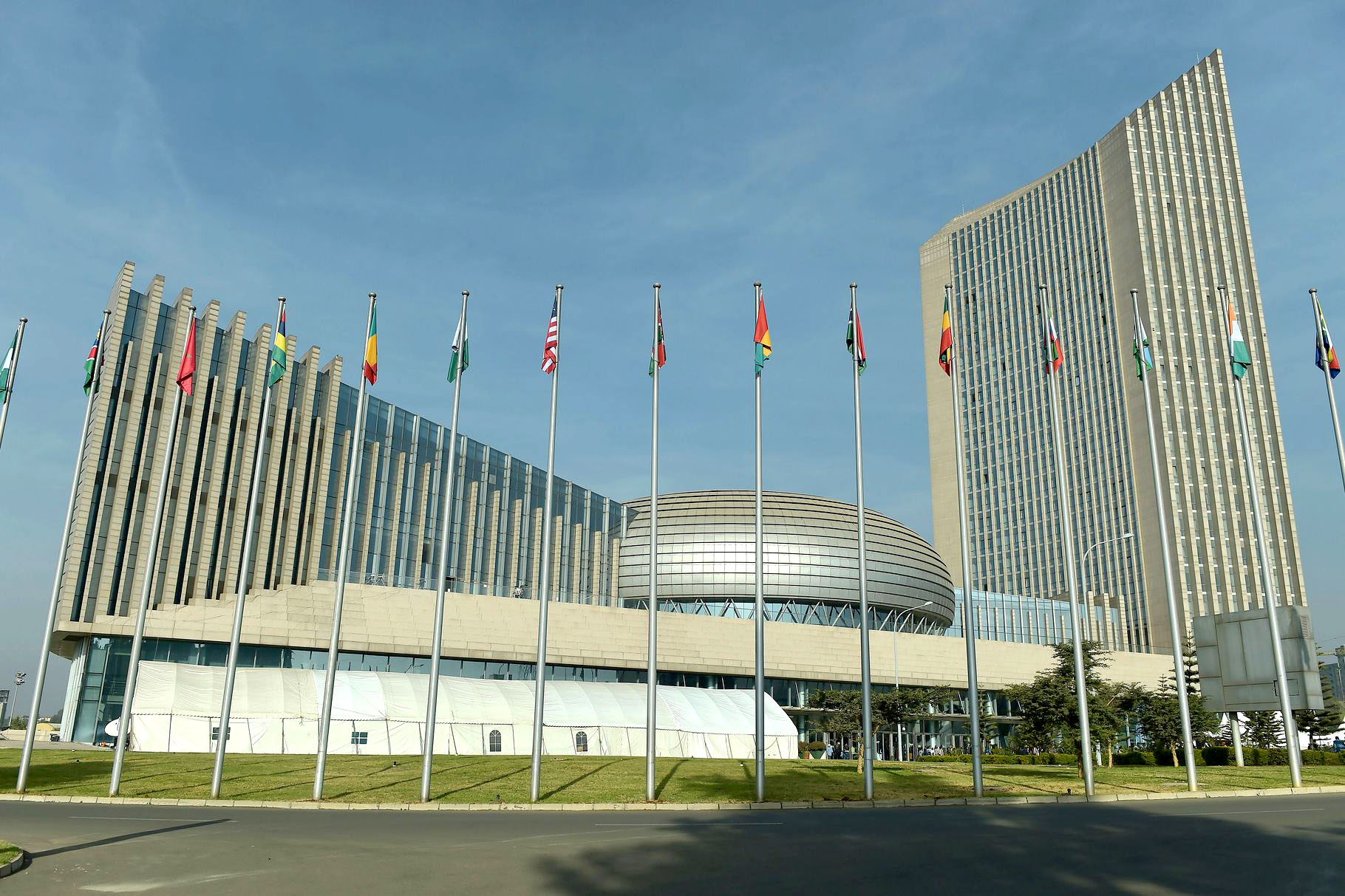
SIMON MAINA/AFP/GETTY IMAGES

The African Union headquarters in Addis Ababa during the opening of the 30th annual African Union summit on Jan. 28.
ANNIE WU
A report by the French newspaper Le Monde recently revealed that the Chinese regime had been secretly transferring data from the headquarters of the African Union (AU) to a server in Shanghai.
The AU’s headquarters are located in Addis Ababa, Ethiopia. The building, which cost $200 million, was built and financed by the Chinese regime as a gift. It opened in January 2012.
It turned out that backdoors were installed on computers in the building, which transferred data, including classified information, to a Chinese server every night, according to a Le Monde report published on Jan. 26, citing anonymous sources within the AU.
It wasn’t until January 2017 that a staff member decided to investigate something unusual: Every night between midnight and 2 a.m., data usage rates would spike—even though the building was nearly empty.
“According to several sources within the African Union, it is possible that all sensitive information has been subject to China’s surveillance,” reported Le Monde.
Upon discovery, the building’s IT system changed its servers and staff began using encrypted communications. In July 2017, experts from Algeria were also sent in to sweep the building for hidden microphones, which they found underneath desks and inside the walls.
On Jan. 29, during the AU’s annual summit in Addis Ababa, Chinese and African officials who gathered there both denied Le Monde’s report, according to Reuters.
China’s ambassador to the AU, Kuang Weilin, called the article “ridiculous and preposterous.”
Rwandan President Paul Kagame, who assumed the AU chairmanship this year, said he had no knowledge of the Chinese regime’s surveillance.
“I don’t think there is anything done here that we would not like people to know,” he told reporters after a meeting of African heads of state. “I will not have been worried about being spied on in this building.”
Since the 1990s, China has made significant investments in African countries to procure raw materials, but the United Nations has raised questions about whether they benefited the countries. China has also tried to influence the region through soft-power initiatives like establishing Confucius Institutes throughout the continent to promote China’s agenda.
Reuters contributed to this report.